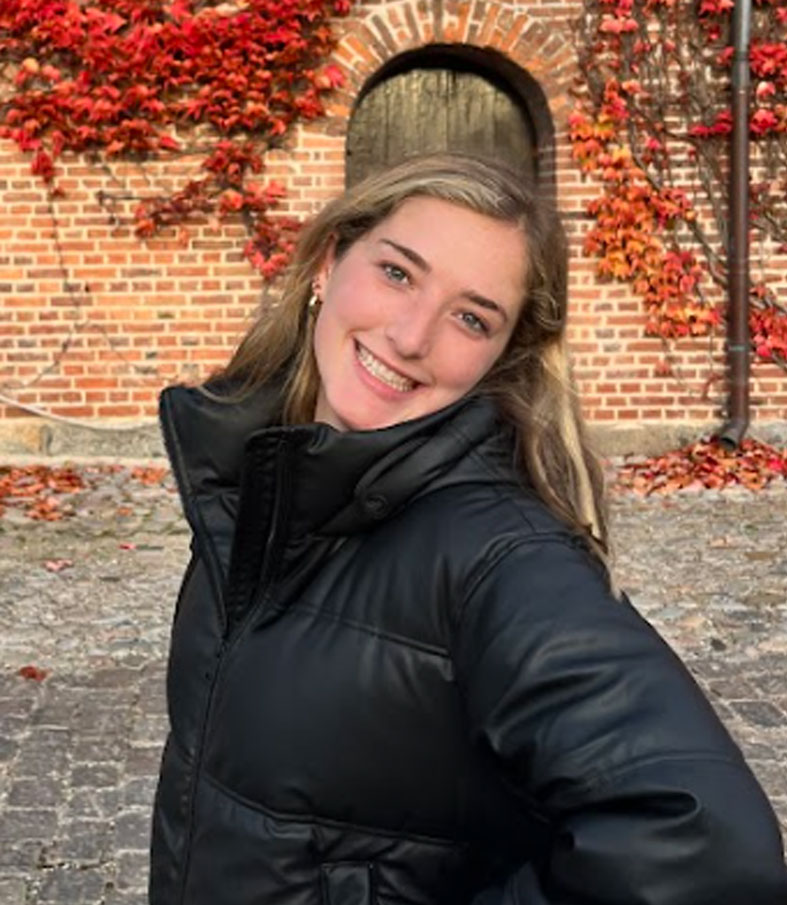If you’ve experienced trouble sleeping, you may be familiar with sleep studies, which are a way for doctors to analyze your sleep pattern and identify potential sleep disorders. However, the distinction between a typical sleep study and a CPAP titration sleep study is often confusing.
In this article, we’ll explain this difference, along with detailing how to prepare for a CPAP titration study, and what to expect during this type of sleep study. We’ll also cover some general information about sleep apnea, discuss the price of a CPAP titration study, and answer some questions that typically arise surrounding this topic.
What Is a CPAP Titration Sleep Study?
Before understanding what a CPAP titration study is, it’s helpful to understand what a CPAP is. CPAP stands for continuous positive airway pressure, and a CPAP machine is the most common line of treatment for sleep apnea.
A CPAP machine1 is a mask that straps around your face and keeps your airways open by constantly blowing air into your nose and mouth. This constant flow of air ensures that you don’t stop breathing throughout the night, and also reduces other unwanted sleep apnea symptoms.1
If you have been diagnosed with sleep apnea, a CPAP titration sleep study is a great next step in the treatment of your sleep disorder. A CPAP titration sleep study2 is similar to a sleep study, but during a CPAP titration test, you wear a CPAP machine while sleeping.
Related: How to Sleep Better with a CPAP
During this type of sleep study, the sleep technician is able to monitor your breathing3 and apnea. After completing a sleep titration study, you should have a better understanding of how to use your CPAP machine and what level of pressure is best for the treatment of your sleep apnea.
What to Expect During a CPAP Titration Study
When you arrive at the lab for your CPAP titration study, a sleep technician4 will greet you and provide you with a CPAP mask. The technician will also hook you up to several devices by sticking sensors onto different parts of your body to monitor factors such as your breathing, oxygen levels, and heart rate.4
The CPAP mask and the sensors should not cause you discomfort, so let your sleep technician know if they are uncomfortable4. The presence of these devices should not make it difficult for you to fall or stay asleep.
Once situated, the sleep technician will leave you in the room, and it will be time for you to go to bed. Throughout your sleep, the technician will adjust the pressure levels in the CPAP to figure out what level of pressure is best for you.4
In the morning, you’ll be unhooked from the machines, and the technician will remove your sensors and CPAP device.4 You’ll be free to head home, and soon after, you will receive more information regarding your ideal CPAP pressure levels.
How to Prepare for a CPAP Titration Study
When preparing for a CPAP titration study, there are a few important things to keep in mind. Below, we’ll detail items you may want to bring to your CPAP study, along with some activities you should avoid on the day of your study, as recommended by the American Academy of Sleep Medicine.4
What you should bring to your CPAP titration sleep study
- Pajamas
- Your own pillow and blanket (to make you more comfortable)
- Your usual medications
- Toiletries
- An outfit for the next day
- Cell phone
- Any necessary documents for the sleep technician
What you shouldn’t do before you CPAP titration sleep study
- Consume alcohol or caffeine
- Take a nap that day
- Wear anything on your head that will prohibit sensors from attaching properly (examples include hairspray or a wig)
Who Should Get a CPAP Titration Study?
CPAP titration sleep studies benefit people who have already been diagnosed with sleep apnea4. This test is designed to find a person’s ideal CPAP pressure so they can effectively use their CPAP mask.3
If you think you may experience sleep apnea, consult your doctor. Before participating in a CPAP titration study, your doctor will likely have you do a regular sleep study5, whether that be in a lab or at home. This allows your doctor to see patterns and irregularities in your sleep, and they will be able to diagnose you with a potential sleep disorder.5
Some symptoms of sleep apnea6 include:
- Daytime drowsiness
- Trouble focusing
- Decreased sex drive
- Episodes of paused breathing while sleeping
- Dry mouth or sore throat after sleeping
- Headaches when you wake up
- Snoring
- High blood pressure
Cost of CPAP Titration Studies
The price of your CPAP titration study will depend on various factors. Chris McDermott, Nurse Practitioner and Life Care Planner, explained that the cost of a sleep study will vary based on your geographic location, and the medical provider that you are going through.
Additionally, depending on your insurance provider7, the price of your CPAP titration study may be partially or fully covered.
To learn more, check out our article on the cost of a sleep study.
Common Questions About CPAP Titration Studies
What is the difference between a sleep study and a CPAP titration study?
The goal of a sleep study is to diagnose a potential sleep disorder and to assess sleep patterns and irregularities.5 On the contrary, you will participate in a CPAP titration sleep study if you already have a clear diagnosis of sleep apnea.4 In other words, a CPAP titration study is done to set up a CPAP treatment plan for a patient who has already been diagnosed with sleep apnea.
How long does a CPAP titration study take?
A CPAP titration study will last for a full night’s sleep.4 The sleep technician will monitor your breathing and CPAP pressure levels the entire time you’re asleep at night in the lab.4
Is a CPAP titration study necessary?
Depending on the person, a CPAP titration sleep study may be necessary. If your doctor has diagnosed you with sleep apnea and has suggested CPAP device therapy, you will likely partake in a CPAP titration study.
Final Word of Advice
After reading about CPAP titration sleep studies in detail, we hope you feel more informed and prepared, especially if you’ve been diagnosed with sleep apnea and have an upcoming CPAP titration study. We know sleeping in a lab can be intimidating, but it will ultimately help treat your sleep apnea and improve your overall quality of rest.
Remember, you should always consult your doctor if you think you have a sleep disorder, or if you think you need to participate in any kind of sleep study, including a CPAP titration study.

Emma Cronan
Writer
About Author
Emma is an Editorial Intern for Sleep Advisor. She collaborates with the editor and staff writers to come up with article ideas, create article outlines, and write for the website.
Combination Sleeper
- 1. “CPAP”. National Heart, Lung, and Blood Institute. Last modified March 24, 2022. –
- 2. “Nocturnal Polysomnography with CPAP Titration”. Richmond University Medical Center. Webpage accessed September 20, 2024. –
- 3. “CPAP Titration”. Sleep Apnea.org. Last modified September 29, 2022. –
- 4. “CPAP Titration Study”. American Academy of Sleep Medicine Sleep Education. 2020. –
- 5. “Polysomnography (sleep study)”. Mayo Clinic. Last modified February 17, 2024. –
- 6. “Obstructive Sleep Apnea”. Mayo Clinic. Last modified July 14, 2024. –
- 7. “Continuous Positive Airway Pressure (CPAP) devices, accessories, & therapy”. Medicare.gov. Webpage accessed September 20, 2024. –
